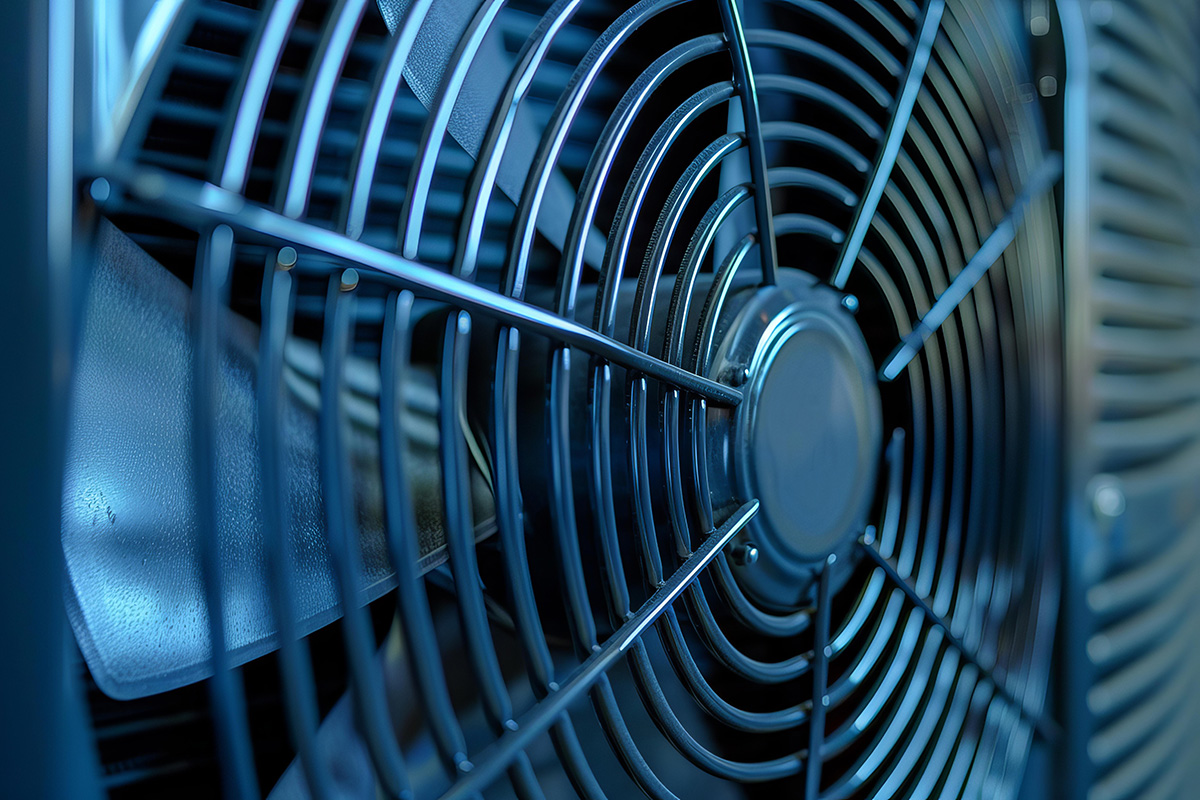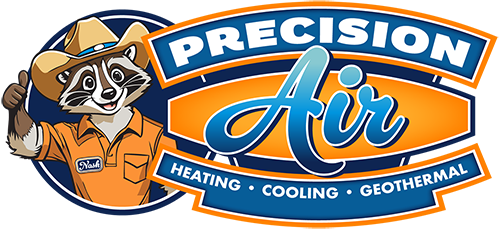
Functional knowledge about HVAC grants people the tools to identify when their systems are running properly and when they need help. Luckily, the friendly experts at Precision Air have a guide to help you understand HVAC basics. Read on so you can answer “What is HVAC?” with confidence.
Defining HVAC
HVAC is an acronym for Heating, Ventilation, and Air Conditioning. HVAC technology regulates temperature, humidity levels, and indoor air quality in any indoor space. When functioning correctly, HVAC systems help create a healthy indoor environment that allows people to remain comfortable regardless of outside conditions.
Covering the Basics
Each component of an HVAC system plays a unique role in ensuring your spaces remain at optimal humidity, temperature, and comfort levels throughout the year. The right HVAC company knows how important each component of an HVAC system is and will do all it takes to properly maintain and monitor your unit. Additionally, our HVAC professionals want homeowners to know how every component of their unit functions. Here is a breakdown of each component’s role in maintaining your home happy and healthy:
Heating Systems
Heating systems keep you warm during the winter and fall months. They work by generating heat and distributing warmth throughout the building. The way heating systems heat a space is by circulating hot air through vents and ducts. There are several types of heating systems with unique heating processes, including furnaces, boilers, heat pumps, and electric heaters.
Ventilation Systems
Without indoor air quality monitoring, bacteria, pollutants, and other harmful particles will make themselves at home. That is why ventilation systems are a crucial part of any HVAC unit. Ventilation systems take stale air and replace it with fresh outdoor air. Ventilation also helps regulate humidity and moisture levels inside a space, preventing issues like mold and mildew.
Air Conditioning
The southern heat that comes with the summer months can take a toll on our comfort. That’s why air conditioning systems are essential to keeping our indoor spaces cool. Air conditioning technology extracts heat from the air and blows cool air through ducts. Air conditioning systems can be central air conditioning units, ductless mini-splits, or window units.
Keeping your HVAC Running Smoothly
To ensure your HVAC system runs in tip-top shape, place your trust in the experts at Precision Air. Our experts always keep your comfort in mind. We provide honest, ethical, and knowledgeable service to address unique residential and commercial HVAC. We make sure that your air conditioning and heating systems work in perfect condition year-round. For all HVAC needs in Middle Tennessee, Murfreesboro, Nashville, and surrounding areas, contact us today.

